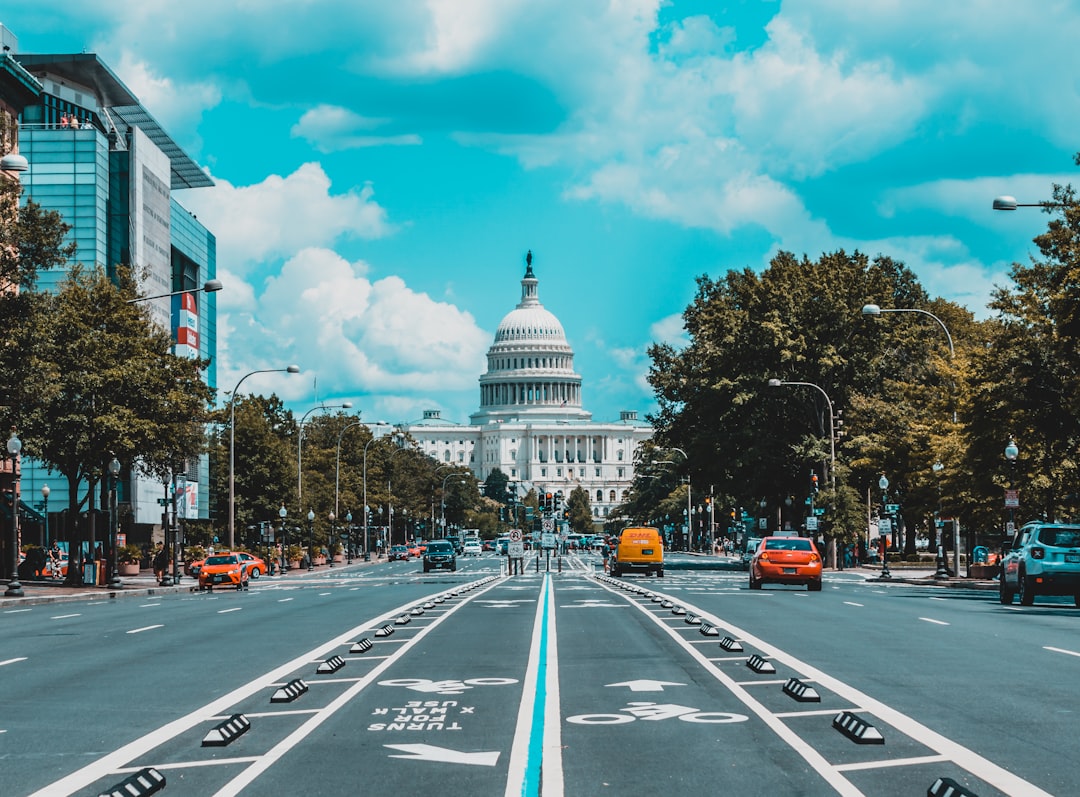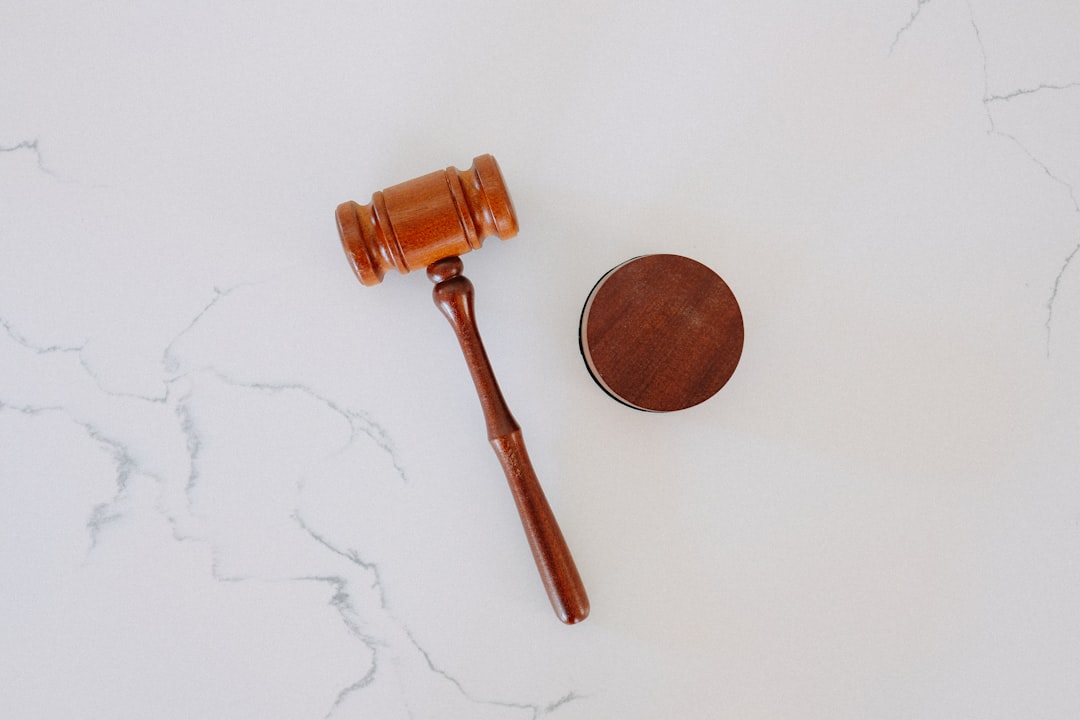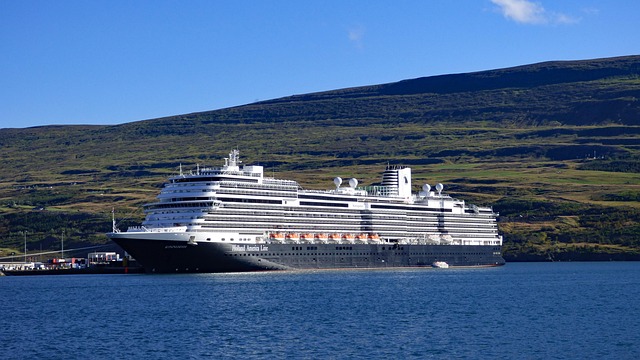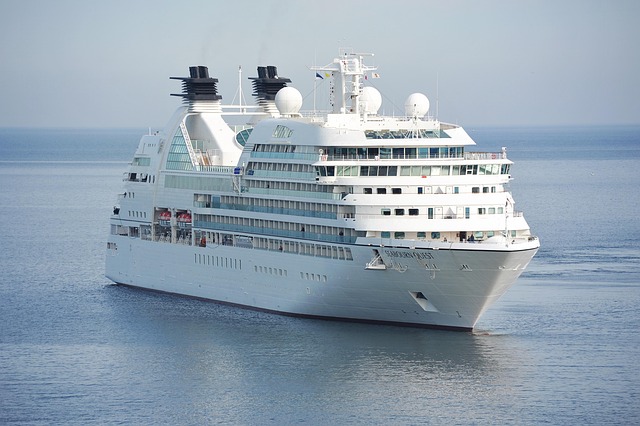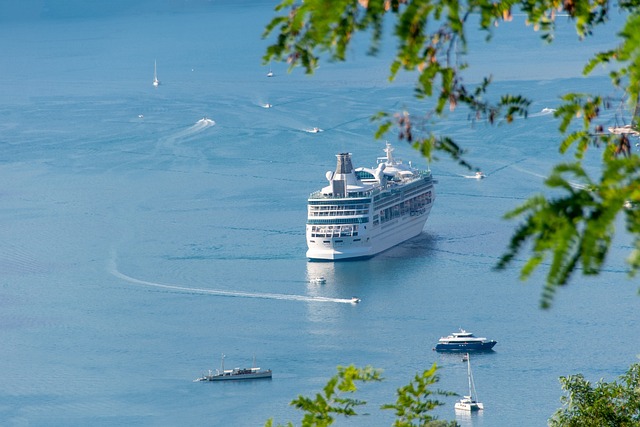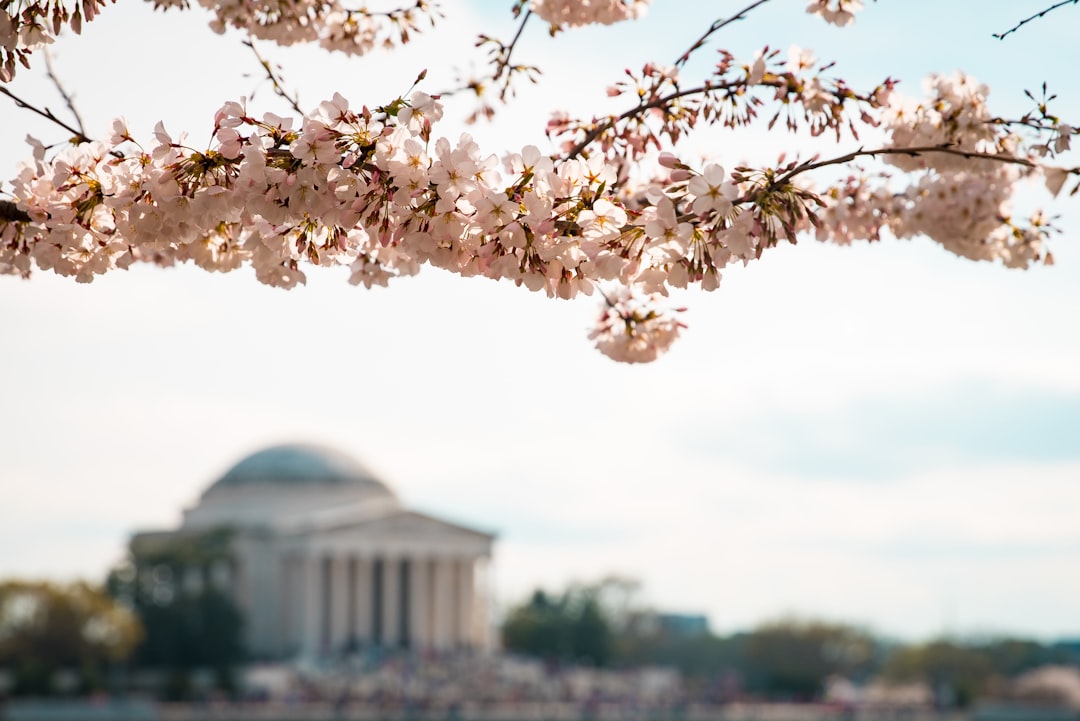In Washington state, cruise ship sexual assault cases are governed by complex federal and state maritime laws, including the Maritime Law of 1972. Cruise lines must have business connections in the forum state for legal proceedings. Victims can file civil lawsuits based on negligence or intentional torts, but evidence gathering is intricate due to international scope and varying standards. Key practical steps include prompt reporting, documenting evidence, seeking medical care, and consulting with cruise line sexual assault lawyers Washington. These specialists navigate maritime law complexities, advocate for victims' rights, and seek compensation for physical and psychological injuries. Prompt reporting, detailed documentation, and immediate legal support are crucial for favorable outcomes.
The rise of cruise ship travel has brought significant economic benefits to Washington state, yet it also presents unique challenges, particularly in addressing cruise line sexual assault cases. With the close-knit community on board and limited legal options for victims, understanding maritime law is crucial. Cruise ship assaults often fall under complex jurisdictional waters, making it imperative for victims and their families to seek expert guidance from experienced cruise line sexual assault lawyers Washington. This article delves into the intricacies of maritime law as it pertains to these sensitive cases, providing a roadmap for those navigating this treacherous legal landscape.
Cruise Ship Assaults in Washington: Legal Framework
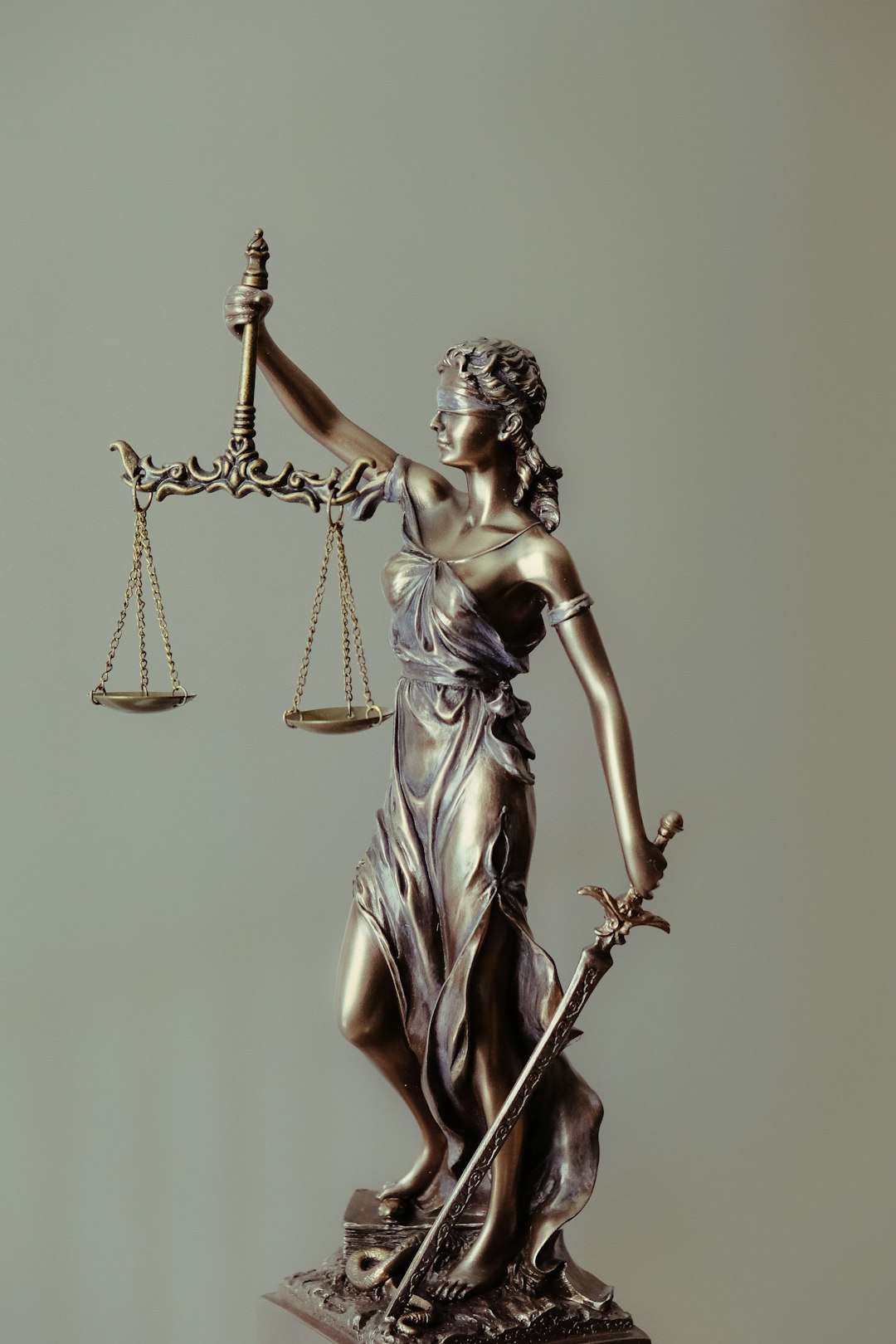
In Washington state, cruise ship assaults, particularly sexual assault cases, fall under a complex legal framework governed by both federal and state maritime laws. Cruise lines operating within Washington waters are subject to these regulations, which offer certain protections to passengers but also present unique challenges when it comes to prosecution and litigation. The legal landscape is shaped by the Maritime Law of 1972, which establishes jurisdiction for cruise ship-related incidents occurring on international waters. This means that cruise line sexual assault lawyers Washington often navigate a dual system where state laws may supplement or, in some cases, conflict with federal maritime regulations.
One key aspect to understand is the concept of personal jurisdiction. Cruise lines must maintain a presence in the forum state, such as Washington, for a court to exercise jurisdiction over them. This requires cruise line companies to have established business connections within the state. When a cruise ship assault occurs, victims may file civil lawsuits against the cruise line and potentially individual defendants under theories like negligence or intentional torts. However, gathering evidence and ensuring admissibility can be intricate due to the unique nature of maritime law, which often involves international elements and differing legal standards.
Practical insights for individuals involved in such cases are essential. Cruise ship assault victims in Washington should promptly report incidents to local authorities and cruise line personnel. Documenting evidence, seeking medical attention, and consulting with experienced cruise line sexual assault lawyers Washington can significantly impact the outcome of a case. These attorneys specialize in navigating maritime law complexities and advocating for victims’ rights, ensuring that justice is pursued within the confines of this specialized legal domain.
Understanding Maritime Law for Cruise Line Victims

Understanding maritime law is paramount for victims of cruise line sexual assault in Washington State. As cruise ships operate within a unique legal framework, distinct from traditional land-based jurisdictions, specialized knowledge is required to navigate these complexities. Cruise line sexual assault lawyers in Washington are pivotal in this regard, offering expertise tailored to the peculiarities of international waters and the evolving regulatory landscape.
Maritime law, governed by both federal statutes and international conventions, provides a framework for resolving disputes arising on cruise ships. The U.S. Maritime Law, including the Jones Act and general maritime negligence principles, grants victims the right to seek compensation for injuries sustained due to the negligence of the shipowner or crew members. Crucially, these laws often apply even when the incident occurs outside U.S. territorial waters, as long as the cruise line operates under U.S. flag or follows U.S. law. For instance, a 2019 case in Hawaii set a precedent where a victim successfully sued a European cruise line operating in international waters, highlighting the global reach of maritime law protections.
Victims of cruise line sexual assault face unique challenges, including jurisdictional issues and the complex structure of cruise line corporate entities. Cruise line sexual assault lawyers Washington-based attorneys are adept at overcoming these hurdles. They help victims understand their legal rights under both domestic and international laws, ensuring they receive fair compensation for physical and psychological injuries. These lawyers also play a vital role in advocating for legislative changes to strengthen maritime law protections and hold cruise lines accountable for incidents of sexual violence on their vessels.
Navigating Legal Options with Cruise Line Sexual Assault Lawyers Washington

Navigating legal options in cases of cruise line sexual assault requires specialized knowledge and expertise. Cruise line sexual assault lawyers Washington are well-versed in the intricate web of maritime laws and international treaties that govern such incidents. These attorneys play a pivotal role in ensuring justice for victims, as maritime law often presents unique challenges when it comes to jurisdiction and evidence collection.
In Washington state, cruise ship assault cases follow a strict legal framework. Victims have the right to seek compensation through civil litigation, holding both the cruise line and potential third parties accountable. Cruise line sexual assault lawyers Washington are adept at building compelling cases, leveraging relevant laws such as the Maritime Transportation Act and international conventions like the International Convention for the Safety of Life at Sea (SOLAS). These legal tools provide avenues for seeking damages for personal injuries, emotional distress, and other associated losses.
Practical insights from experts in this field highlight the importance of prompt reporting and documentation. Cruise line sexual assault lawyers Washington emphasize that immediate notification of authorities and the cruise line can preserve evidence and ensure a thorough investigation. They also advise victims to maintain detailed records of medical treatments, therapy sessions, and any communication with the ship’s staff or law enforcement. These steps are crucial in building a robust legal strategy and enhancing the chances of a favorable outcome.
Rights and Resources for Cruise Ship Assault Survivors in WA
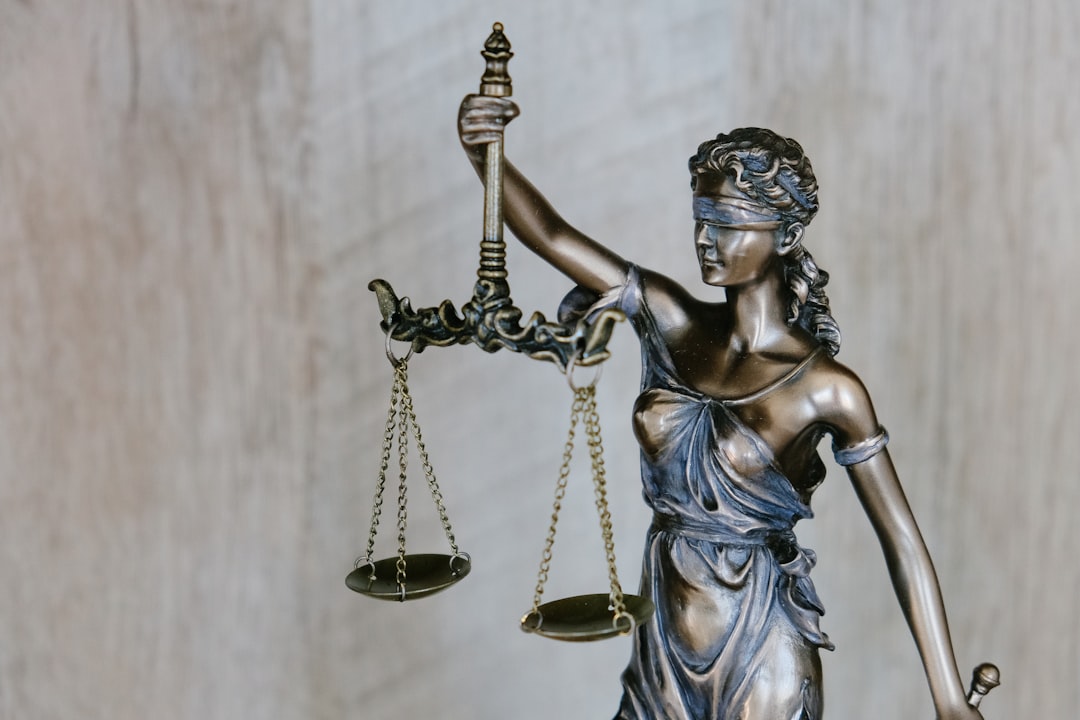
In the event of a cruise ship assault in Washington state, understanding one’s rights is paramount. Survivors face unique challenges due to the maritime nature of their experience, with jurisdiction often spanning international waters and diverse legal systems. The first step for victims is to report the incident to local authorities and cruise line security promptly. This action triggers an investigation and initiates the legal process. Cruise ship assault survivors in Washington have specific rights and resources available to them, thanks to both state laws and federal maritime legislation.
Washington state’s robust legal framework provides a solid foundation for those seeking justice. The state has stringent statutes regarding sexual assault, which can be applied in cruise ship cases. Furthermore, the U.S. Maritime Law, including the Jones Act and general maritime law principles, offer additional protections. These laws ensure that cruise lines are held accountable for their failure to maintain safe environments and protect passengers from harm. Cruise line sexual assault lawyers Washington specialize in navigating these complex legal areas, ensuring survivors receive fair compensation for their physical and emotional trauma.
Practical advice for victims includes documenting every detail of the incident, collecting evidence (e.g., medical records, security footage), and seeking support from healthcare professionals and legal experts promptly. Retaining a reputable cruise line sexual assault lawyer in Washington is crucial for pursuing adequate damages, which may cover medical expenses, therapy costs, and pain and suffering. These professionals guide survivors through the intricate legal processes, ensuring their rights are protected throughout.
About the Author
Dr. Emily Williams is a renowned legal expert specializing in maritime law and cruise ship assault cases. With over 15 years of experience, she holds a LL.M. in Maritime Law and is certified by the American Bar Association. Dr. Williams has published extensively on cruise line liability, contributing to leading legal journals and platforms like Bloomberg Law. She is actively engaged with the International Maritime Lawyers Association and is a trusted voice in this specialized field.
Related Resources
Here are 5-7 authoritative resources for an article about “Understanding Maritime Law in Cruise Ship Assault Washington”:
- U.S. Coast Guard (Government Portal): [Offers official information and regulations related to maritime safety and law enforcement.] – https://www.uscg.mil/
- Maritime Law Institute of the United States (Industry Organization): [Provides expert insights and resources on maritime law, including cruise ship operations.] – https://www.maritimelaw.org/
- Washington State Attorney General’s Office (Government Resource): [Offers legal guidance and consumer protection information specific to Washington state.] – https://www.ag.wa.gov/
- American Bar Association (ABA) Journal (Legal Publishing): [Features articles and analysis on maritime law cases and trends, offering a legal perspective.] – https://www.abajournal.com/
- University of Washington Law School (Academic Institution): [Provides academic research and publications related to maritime and shipping laws in the U.S.] – https://law.uw.edu/
- Cruise Lines International Association (CLIA) (Industry Association): [Represents cruise lines worldwide, offering insights into industry standards and best practices.] – https://www.clia.org/
- National Crime Victim Center (Non-profit Organization): [Offers support and resources for victims of crimes, including those related to travel and tourism.] – https://ncvc.org/

